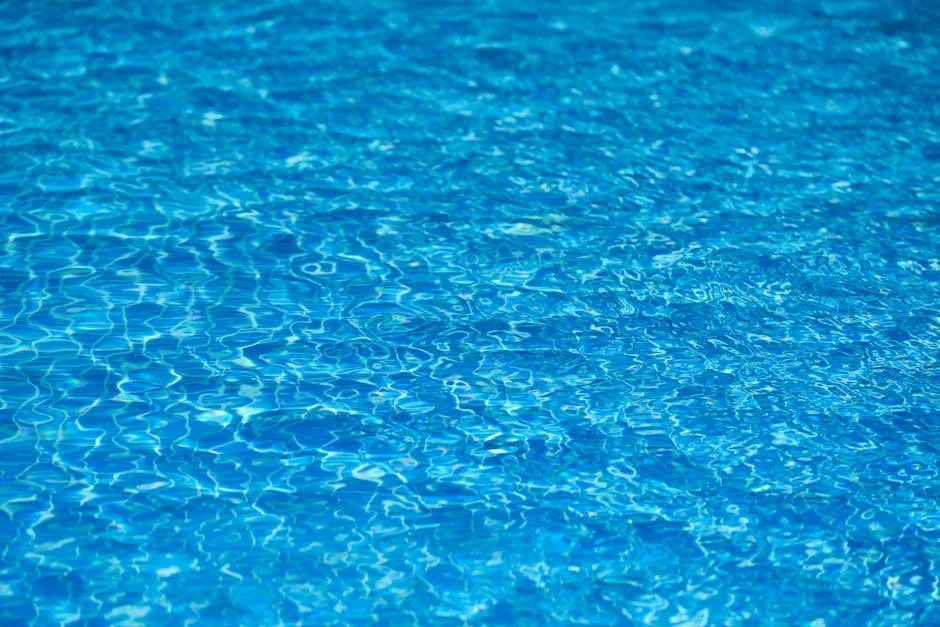How Often Should Commercial Pools Be Cleaned?
When it comes to maintaining a sparkling, inviting commercial pool, understanding the cleaning frequency is key. Let's dive into the essentials of commercial pool cleaning, ensuring your pool remains a pristine oasis for your guests.
Understanding the Basics of Commercial Pool Cleaning
Before diving into the specifics, it's important to recognize why regular commercial pool cleaning is non-negotiable. A well-maintained pool ensures the health and safety of its users by preventing the buildup of harmful bacteria and algae. Moreover, it helps in maintaining the aesthetic appeal of your establishment, which can significantly impact guest satisfaction.
Fundamentally, commercial pool cleaning involves a combination of physical cleaning, chemical balance maintenance, and filtration system upkeep. Neglecting any of these areas can lead to water that's unsafe for swimming and can damage the pool's infrastructure over time.
Daily Cleaning Tasks: A Must for Pool Hygiene
Every day, certain tasks must be performed without fail to ensure the pool remains hygienic and inviting. Skimming the pool's surface to remove leaves, insects, and other debris is critical to prevent their decomposition in the water. Additionally, checking and adjusting the chlorine and pH levels daily helps keep the water safe for swimming.
It's also beneficial to do a brief inspection of the pool area daily. Look out for signs of wear or damage not only in the pool itself but also in the surrounding areas like the deck and furniture. Early detection can prevent minor issues from escalating into costly repairs.
Weekly Cleaning Routines to Keep Your Pool in Shape
While daily tasks cover the essentials, a deeper clean is necessary three times a week to maintain the pool's optimal condition. This includes vacuuming the pool floor and walls to remove dirt and algae, backwashing the filter to clean out trapped debris, and checking for any mechanical issues that might affect the filtration system's efficiency.
Monthly and Seasonal Maintenance: Beyond the Surface
Monthly, it's important to perform a thorough inspection of all pool equipment. This means checking pumps, heaters, and filters for any signs of malfunction or degradation. Seasonally, before the pool sees its peak usage, a professional should inspect the pool to certify that it's in top shape and safe for the increasing number of swimmers.
Professional Inspections and Cleaning: When and Why?
At least once a year, hiring a professional to inspect and clean your commercial pool can provide peace of mind and prevent hidden problems from causing major disruptions. Professionals have the tools and expertise to deep clean areas that are difficult to maintain with regular staff, such as tile grout and hard-to-reach corners.
Addressing Common Challenges in Commercial Pool Cleaning
One of the challenges many commercial pools face is managing the balance of chemicals. Too much chlorine can irritate swimmers' skin and eyes, while too little can allow dangerous bacteria to thrive. Automation and frequent testing can help maintain the right balance. Additionally, dealing with unexpected contamination events like heavy rain or pool parties requires quick and comprehensive cleaning to reset the pool's condition.
Customizing Your Cleaning Schedule Based on Pool Usage
It's crucial to recognize that the ideal cleaning frequency might vary based on your pool's specific circumstances, such as its size, the number of users, and whether it's indoors or outdoors. Tailoring your cleaning and maintenance schedule to these factors can ensure that your pool remains a safe and welcoming environment all year round.
Keeping Your Pool Pristine
Navigating the specifics of commercial pool cleaning doesn't have to be a daunting task. By adhering to the recommended cleaning frequencies and considering the unique aspects of your pool, you can ensure it remains in top condition. Remember, the goal is to provide a clean, safe, and inviting swimming environment for all users. Happy swimming!

